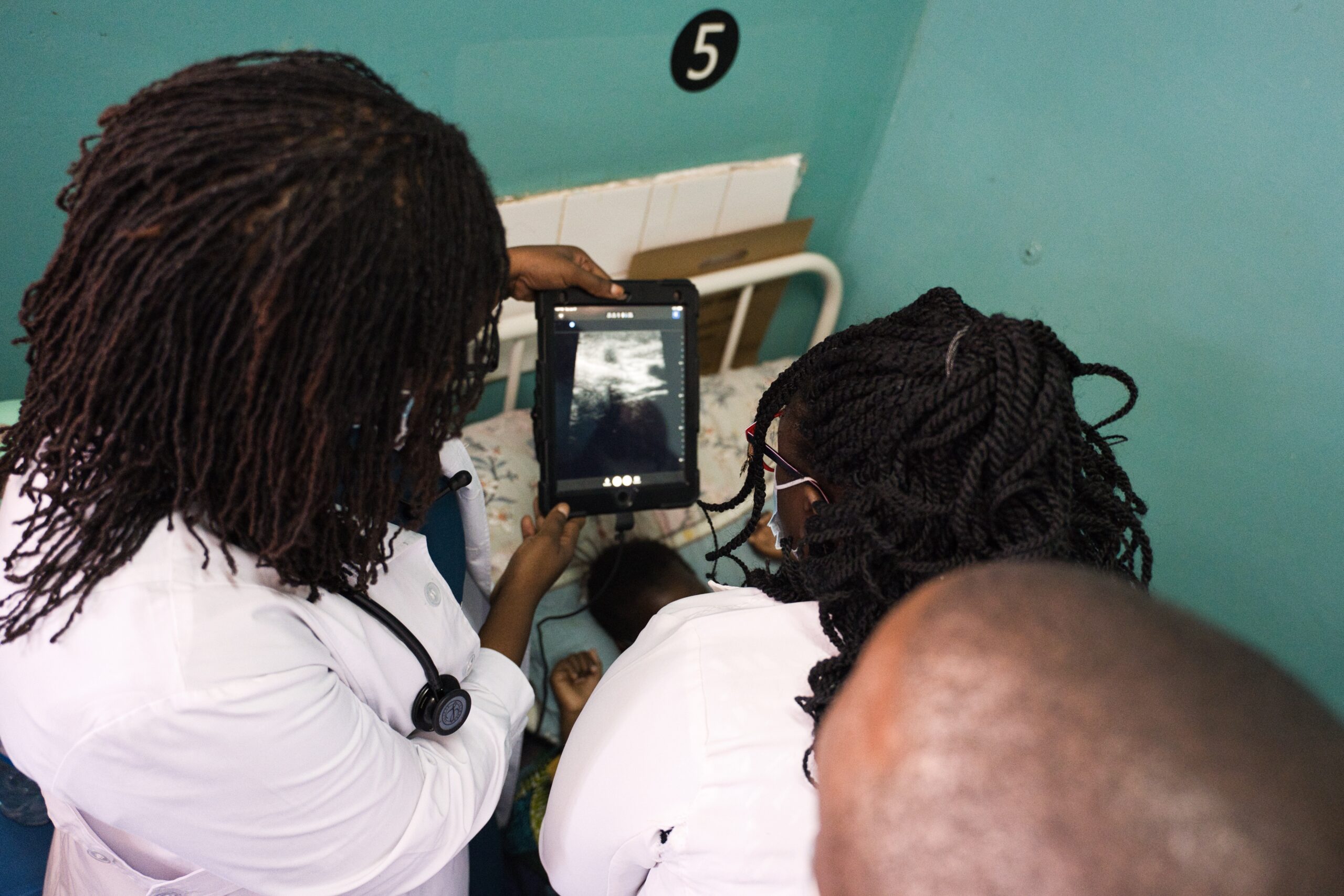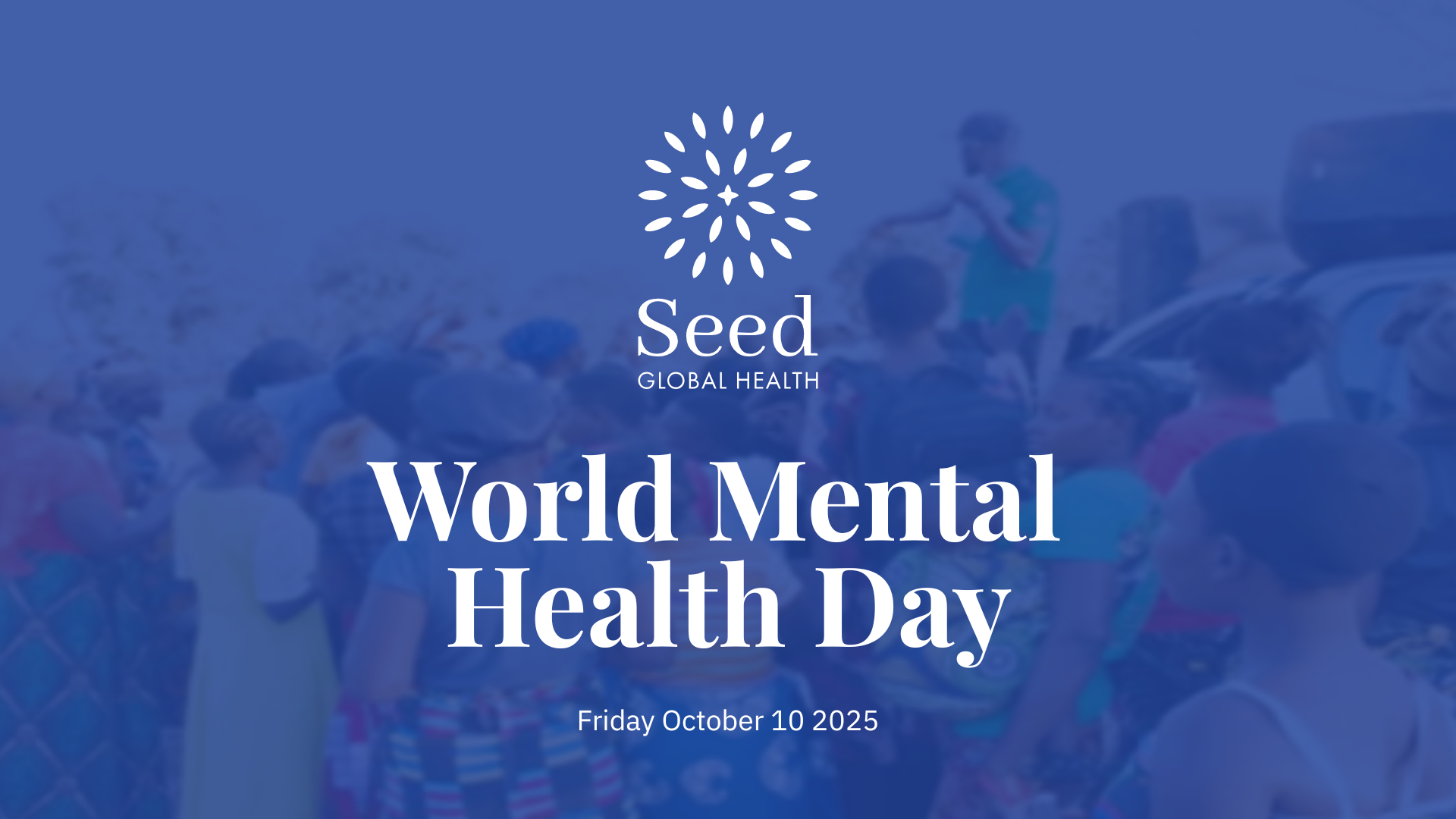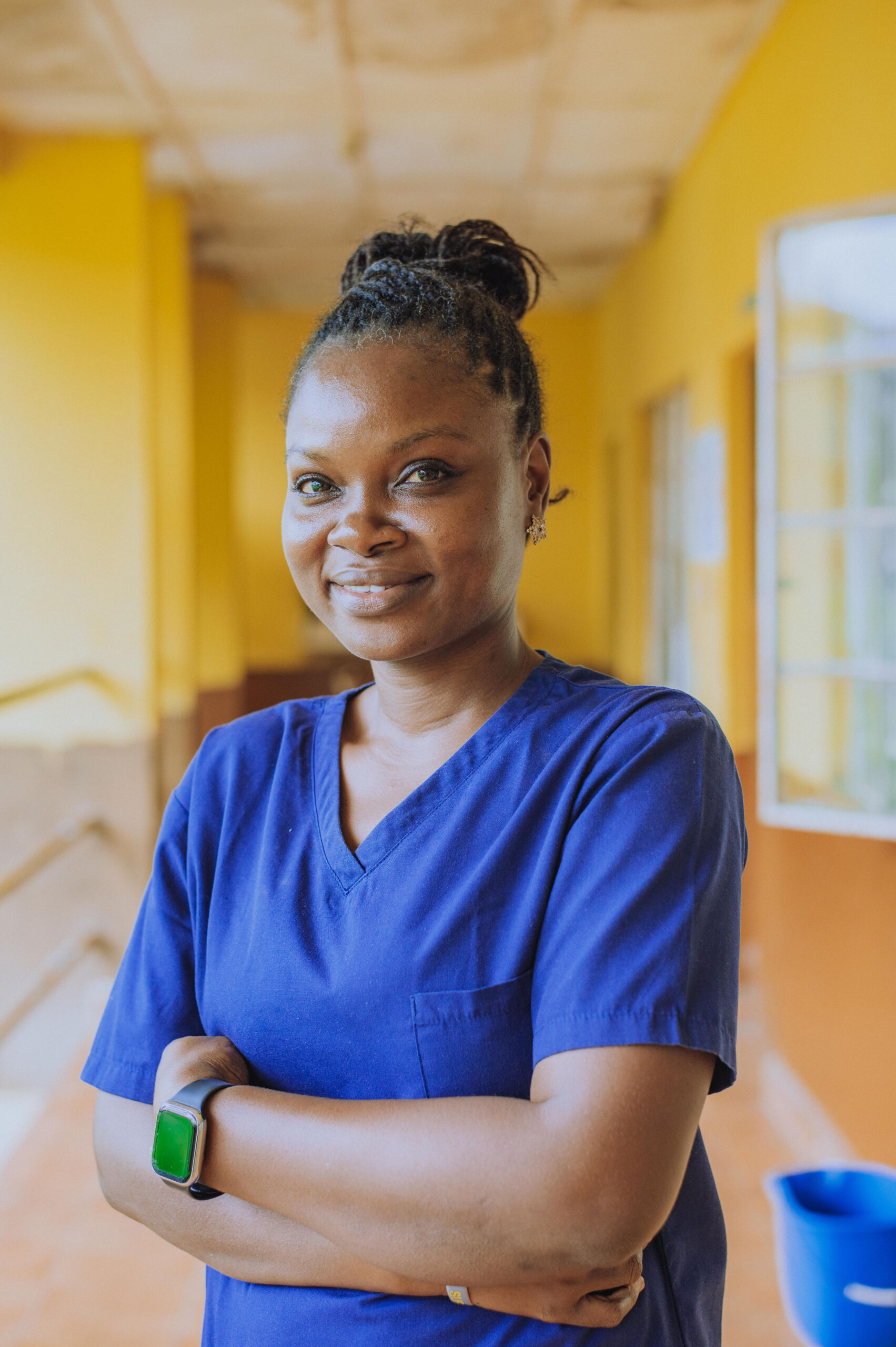
Health Worker Profile: Midwife Ramatulai Jalloh champions women’s health in Sierra Leone
“Seeing a pregnant woman in labor walk into the hospital and leave with her baby safely, without complications, makes me feel whole. I lie in bed knowing I accomplished something for the day,” said Ramatulai Jalloh, a midwife at Makeni Regional Referral Hospital in Sierra Leone.
Ramatulai is also the deputy team leader of the hospital maternity unit, focal person for Seed Global Health, and preceptor. Preceptors are experienced midwives who have undergone specialized training to coach and mentor midwifery students during their clinical rounds.
Ramatulai’s journey into midwifery was driven by her passion for maternal and newborn health. Currently in pursuit of a master’s degree in public health at the University of Makeni, Ramatulai’s skills expanded even further after completing an intensive preceptorship training with Seed Global Health. Preceptor training equipped her with the skills and confidence to mentor practicing midwives and students, manage complex cases, and contribute to reducing maternal mortality in her country.
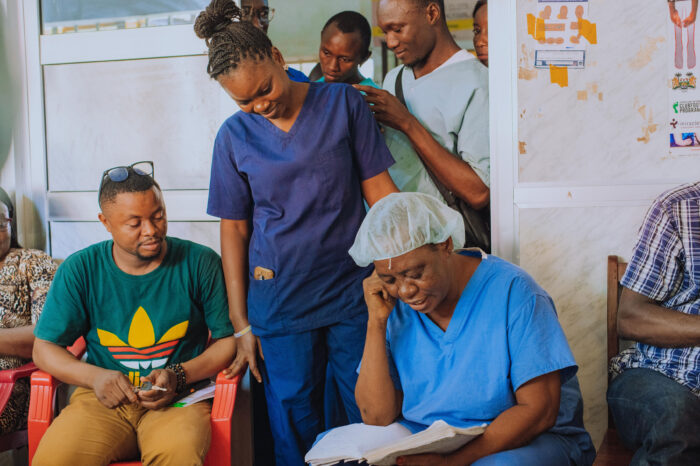
As the deputy in-charge of the maternity unit, Ramatulai starts each day by reviewing reports from the night shift to address any issues that need immediate attention before morning huddles. These huddles, held at 8:00 AM, bring together clinicians, midwives, nurses, and students, who discuss the cases handled overnight, identify challenges, and implement necessary corrections. “As a regional referral hospital and teaching facility, addressing issues promptly is critical to maintaining high-quality care,” said Ramatulai.
In her role as a preceptor, Ramatulai mentors junior colleagues and nursing and midwifery students, guiding them in translating theoretical knowledge into clinical practice. “We engage them through demonstrations, taking them along in the wards, answering their questions, and keeping them engaged,” she said. This teaching model emphasizes collaboration, with students learning not only in the classroom, but also in the hospital, directly caring for patients while receiving hands-on coaching and mentoring from preceptors like Ramatulai.
At Makeni Regional Referral Hospital, this model has improved the quality of care. Midwives and nurses at Makeni are providing evidence-based, patient-centered care. As a result, absolute maternal deaths at Makeni Regional Referral Hospital have decreased by 60% year-over-year since 2021, which Ramatulai said the Minister of Health commended them for in the news.
Ramatulai attributes this success to continuous on-the-job training provided by Seed Global Health and the strengthened skills of the hospital’s midwives and nurses. “Our nurses can now take patient vital signs, interpret them, and manage postpartum hemorrhage, which was the leading cause of death at the hospital. As a result, many lives have been saved,” said Ramtulai.
Ramatulai also emphasizes the hospital’s new practice of conducting maternal mortality reviews within 24 hours, a practice that has improved the quality of care.
“We used to wait for the hospital or the District Health Management Team to call us for case reviews, but now any preceptor on duty is competent enough to lead a meeting with available clinicians or nurses, which has significantly improved the quality of care patients receive at the hospital,” she explains.
Midwife preceptors like Ramatulai are now empowered to lead these reviews, ensuring swift action and better outcomes for mothers.
Ramatulai believes strongly in the life-saving abilities of health workers and is proud of her role in helping women deliver safely. She’s committed to improving maternal and newborn health and continuing to reduce maternal mortality in Sierra Leone.
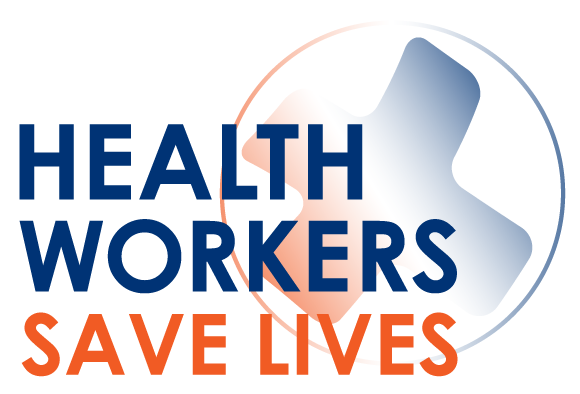
We spoke to Ramatulai Jalloh as part of our Health Workers Save Lives campaign, an effort in collaboration with the Frontline Health Workers Coalition to bring more attention to the vital role health workers play in delivering care and the need for more investment the health workforce.
